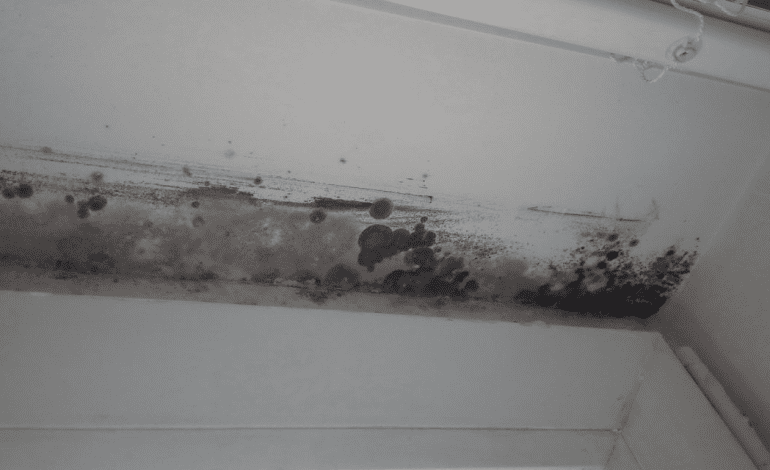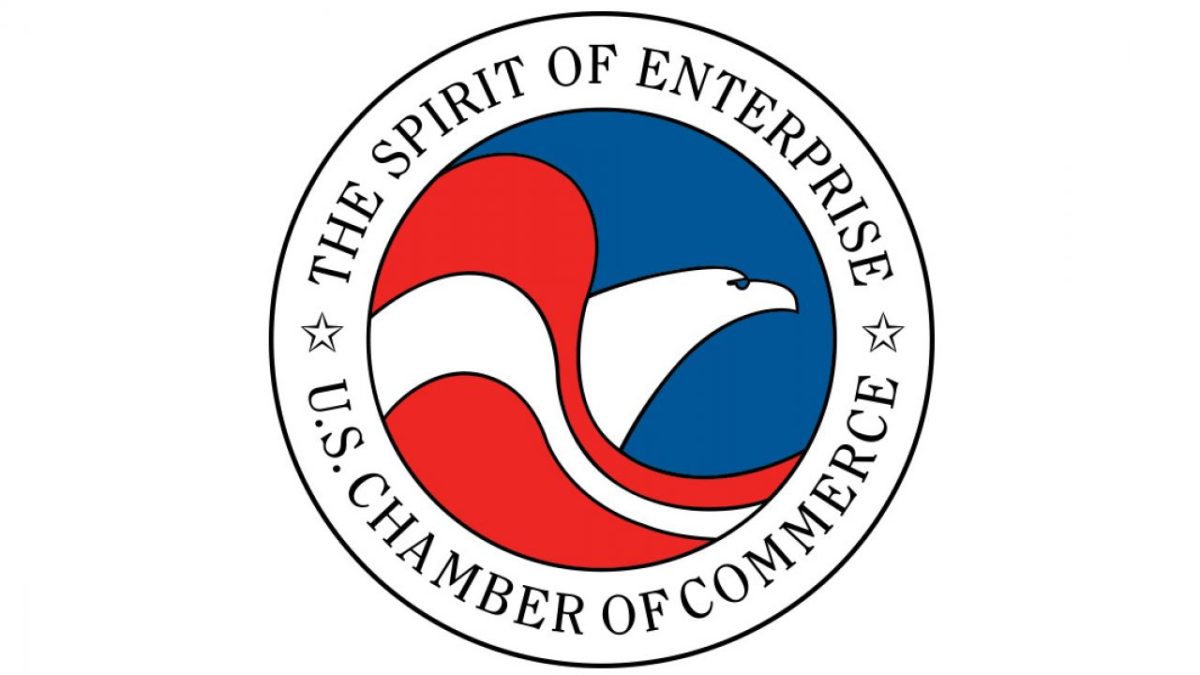
Preventing Mold Outbreaks This Hurricane Season
Preventing Mold Outbreaks this Hurricane Season
By Mechele Agbayani Mills
“Water damage restoration can be as simple as vacuuming up water and drying out a room, or it can involve rebuilding entire sections of your home. When contemplating the cleanup of mold outbreaks or water damage, verify the extent of the problem and contact a trustworthy water damage restoration company.” Mechele Agbayani Mills, President, and CEO of BBB
Severe storms, a humid climate, leaky pipes, or continuous rain can make homes susceptible to flooding and mold. When excessive moisture or water accumulates indoors, excessive mold outbreaks will often occur, particularly if the moisture problem remains undiscovered or unaddressed.
How can you tell if you have mold in your home? The EPA states that if the home smells moldy, but cannot be seen, if water stains are present, or if you are aware of water damage, there could be mold present as well. Mold may be hidden in places such as the backside of drywall, wallpaper or paneling, the top side of ceiling tiles, and the underside of carpets and pads, etc. Other possible locations of hidden mold include areas inside walls around pipes (with leaking or condensing pipes), the surface of walls behind furniture (where condensation forms), inside ductwork, and in roof materials above ceiling tiles (due to roof leaks or insufficient insulation).
Choosing a company to clean up mold. BBB warns people to research carefully when choosing a professional to remediate flood and water damage or to clean up mold.
Work with your insurance company. An insurance agent may be able to recommend a reliable and reputable water damage restoration company. Contact them first to determine what your insurance policy covers and the process for filing a claim. Contact your insurance company and inquire about policy coverage and specific filing requirements to initiate the claim process. If the home, business and/or vehicle was damaged, document the damage by taking pictures or videos if possible. Recognize the difference between flood insurance and homeowner’s insurance. Flood damage is typically caused by water that has been on the ground before damaging your home. Water damage occurs when water causes damage before it comes in contact with the ground (broken pipes, a leaky roof, etc). These claims would likely be covered by homeowner’s insurance.
Do what you can to mitigate further damage. Dry out and disinfect impacted areas as soon as possible to help prevent mold outbreaks. If you have concerns about wet carpet or rugs, start running fans and dehumidifiers. Consult an expert to see if carpet, rugs and furnishings can be salvaged.
Check the company’s history with the Better Business Bureau. You can review the water damage restoration company’s complaint history and details to determine if they have a track record of responding to and resolving BBB complaints at BBB.org Always do your research first.
Verify the company’s license. Confirm the contractor is properly licensed, insured and registered for the scope of work they will be completing. For example, simply vacuuming up water and drying out a room may not need a license but once the company starts tearing out cabinets and walls then a license may be needed.
Make sure the business has extensive experience in cleaning up mold. Ask for references from the business and contact these references for more information. Also, ask family and friends if they have worked with a water damage restoration company or a mold remediation expert in the past and had a favorable experience.
Obtain at least three bids. Don’t simply hire the first business that contacts you or one that offers the lowest bid; evaluate the services and offerings of at least three businesses and then make your decision.
Understand Assignment of Benefits contracts. Beware of contractors who claim to be insurance claim specialists and may ask you to sign an agreement to allow them to contact your insurance company and seek approval of repairs for you. Many unscrupulous businesses have tricked consumers into signing a work estimate without reading the fine print, which commits you to automatically contract with their business if your insurance claim is approved.
Be wary of contractors going door-to-door, especially if they use scare tactics. Obtain a contract that specifies the work to be done, the price breakdown for labor and materials and an agreed upon timeline. Never feel pressured into signing on the spot and always seek at least three estimates prior to making a commitment. Avoid paying with cash for the entire job up front.
Find a mold removal company near you that you can trust. Please report fraudulent activity or unscrupulous business practices to BBB Scam Tracker. Remember, great businesses are out there. Always look for the BBB seal; it’s the Sign of a Better BusinessSM . Start with companies you can trust by going to bbb.org.
Mechele Agbayani Mills is president and CEO of BBB
About BBB: BBB is a nonprofit, business-supported organization that sets and upholds high standards for fair and honest business behavior. Most BBB services to consumers are free of charge. BBB provides objective advice, free BBB Business Profiles on more than 5.3 million companies, 11,000 charity reviews, dispute resolution services, alerts and educational information on topics affecting marketplace trust. Visit bbb.org for more information. BBB Serving Central East Texas was founded in 1985 and serves 19 counties.





